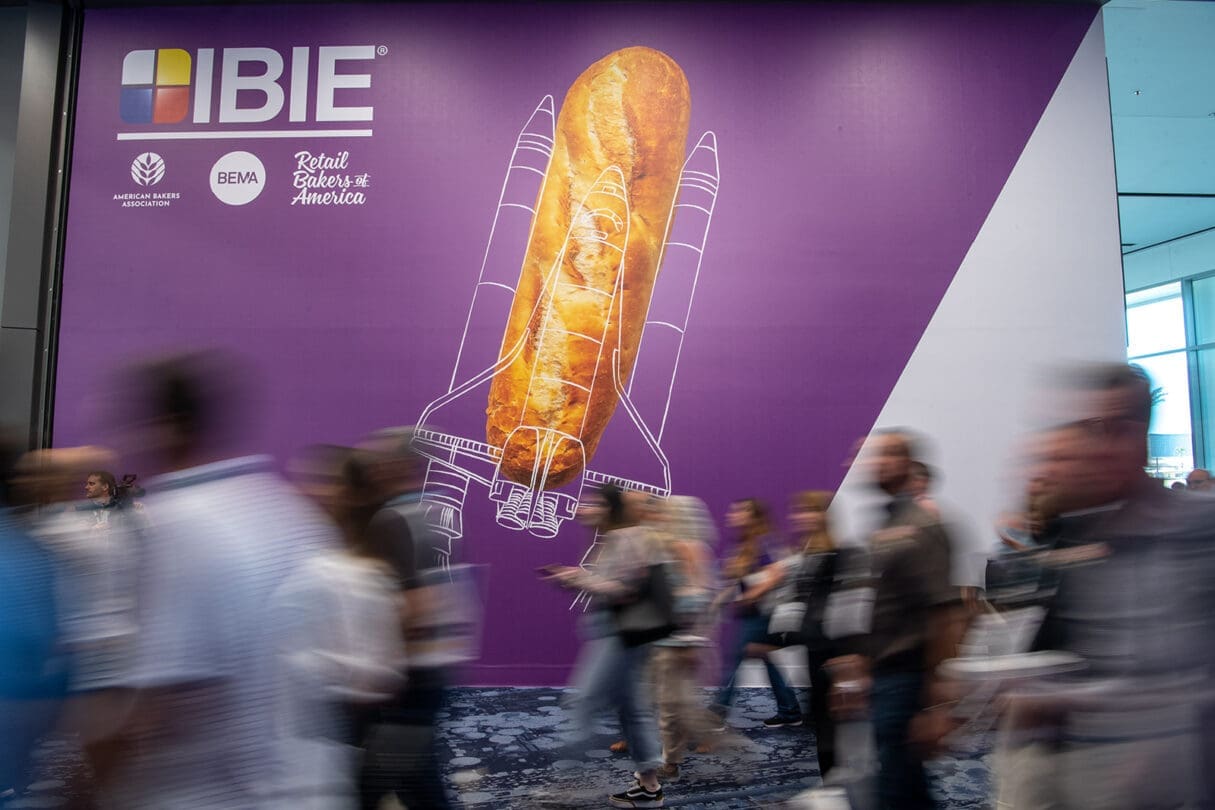
“Mastering Food Safety – A Practical Guide to Quality Control in Food Processing”
Ensuring the safety and quality of our food is a fundamental necessity. Recent events like the Buitoni Nestle E. coli scandal are stark reminders of the importance of rigorous quality control in maintaining consumer health and confidence amidst the hustle and bustle of modern food production. From sourcing raw materials to packaging and distribution, it’s all about ensuring that every step meets stringent standards to keep consumers safe.
According to new market research from Future Market Insights, the food safety testing services market is predicted to surpass US$ US$ 30,061.73 million by 2033, expanding at a 7.0% CAGR. These specialized services offer comprehensive testing for contaminants, pathogens, and adulterants, providing an extra layer of assurance for both consumers and producers. As concerns for food safety amplify, these services can help in enduring optimum quality and safety in food processing.

Understanding Quality Control in Food Processing:
Quality control serves as the vigilant custodian of our food supply chain. It involves meticulously overseeing every stage of production from farm to fork. It embodies a comprehensive approach to identifying and mitigating potential risks. It ensures that our food is delicious and safe to consume. From scrutinizing raw ingredients to monitoring manufacturing processes and ensuring stringent hygiene standards, quality control embodies a commitment to excellence that buttresses culinary experiences.
Importance of Quality Control in Food Processing:
- Ensuring Consumer Safety: Quality control measures shield against contamination and harmful substances, ensuring consumers receive food that’s safe to eat and free from risks of foodborne illnesses.
- Compliance with Regulations: Following regulations isn’t just about legality; it’s about upholding standards that protect consumers and maintain their trust in products.
- Enhancing Product Quality: Quality control isn’t just about safety; it’s also about continuously improving products to exceed consumer expectations in taste, texture, and overall quality.
- Building Consumer Confidence: Trust is everything in the food industry. By consistently delivering safe and high-quality products, brands can build stronger consumer relationships based on transparency, accountability, and integrity. When companies do a good job with quality control, consumers trust them more. It’s like a thumbs-up saying, “This food is great!”
What to Keep in Mind while Food Processing?
- Raw Material Inspection: It all starts with carefully selecting and inspecting raw materials to ensure they meet strict quality standards.
- Process Monitoring: Throughout production, businesses can closely monitor critical factors like temperature and pH levels to maintain optimal conditions for safety and quality.
- Hygiene and Sanitation: A clean environment is non-negotiable for preventing contamination. That’s why it is necessary to enforce strict hygiene protocols for equipment and personnel.
- Quality Assurance Testing: The products need to undergo thorough testing to meet regulatory standards and stay fresh and stable throughout their shelf life.
- Packaging and Labeling: The last line of defense before products reach consumers, the packaging must ensure integrity and provide vital information about ingredients and allergens.
Challenges and Emerging Trends:
- Complexity in Supply Chains: With the globalization of food supply chains, tracing the origins of ingredients and maintaining their quality has become increasingly complex. Innovations such as blockchain technology and advanced traceability systems hold promise in enhancing transparency and accountability throughout these supply chains.
- Combatting Food Fraud: Incidents of counterfeit products and food fraud pose significant risks to consumer safety and trust. Analytical methods like DNA testing and spectroscopy play crucial roles in verifying the authenticity and integrity of ingredients. They can help manufacturers in detecting potential adulteration or substitution.
- Efficient Detection Methods: Traditional laboratory testing methods can be time-consuming and expensive, leading to delays in product release and increased production costs. Rapid detection technologies, such as biosensors and DNA amplification, offer real-time monitoring of food quality parameters and early detection of contaminants or spoilage. These technologies streamline the quality control process.
- Sustainability and Ethical Sourcing: Growing consumer concerns about food production’s environmental and ethical aspects are driving a shift toward more sustainable and ethical practices. Quality control initiatives now include sustainability criteria, such as reducing food waste, minimizing energy consumption, and promoting ethical sourcing practices. This is a thoughtful response to the preferences of environmentally conscious consumers.
The Buitoni Nestle E. coli Scandal: A Case Study in Quality Control Failure:
In March 2022, Buitoni, a subsidiary of Nestle, faced a major crisis when several cases of Shiga-toxin-producing E. coli (E. coli) bacteria contamination were found in its frozen pizzas. The outbreak resulted in 55 confirmed E. coli infection cases, the death of two children, and dozens of serious illnesses, prompting widespread public concern and product recalls.
An investigation revealed lapses in quality control procedures at Buitoni’s production facilities, including inadequate sanitation practices and failure to detect and address potential contamination risks. Nestlé recalled the pizzas, closed the factory in Caudry, and agreed to compensate the victims and their families in an out-of-court agreement on March 31, 2023.
The incident stresses the critical importance of robust quality control measures in preventing foodborne illnesses and protecting consumer health. It serves as a wake-up call for the food industry to prioritize safety and vigilance in food processing, from sourcing and production to distribution and recall procedures.
Lessons to Learn from this Incidence
The Buitoni Nestle E. coli scandal highlights the urgent need for stringent quality control measures in food processing to ensure the safety and integrity of the food supply chain. While quality control practices have significantly enhanced food safety and quality, constant observation, innovation, and regulatory compliance are essential to address emerging challenges and protect consumer health.
By investing in advanced technologies, training, and risk management strategies, food manufacturers can uphold the highest quality control standards and regain consumer trust during food safety crises. Ultimately, prioritizing safety and transparency is a legal and ethical imperative and a fundamental commitment to public health and well-being in the global food industry.
ABOUT THE AUTHOR
Nandini has 7+ years of management consulting experience. She advises industry leaders and explores off-the-eye opportunities and challenges. She puts processes and operating models in place to support their business objectives. She has exceptional analytical skills and often brings thought leadership to the table.
Nandini has vast functional expertise in key niches, including but not limited to food ingredients, nutrition & health solutions, animal nutrition, and marine nutrients. She is also well-versed in the pharmaceuticals, biotechnology, retail, and chemical sectors, where she advises market participants to develop methodologies and strategies that deliver results.
Her core expertise lies in corporate growth strategy, sales and marketing effectiveness, acquisitions and post-merger integration and cost reduction. Nandini has an MBA in Finance from MIT School of Business. She also holds a Bachelor’s Degree in Electrical Engineering from Nagpur University, India. Nandini has authored several publications, and quoted in journals including Beverage Industry, Bloomberg, and Wine Industry Advisor.




